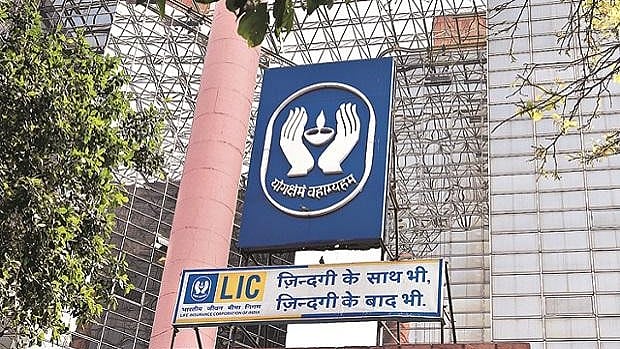With both systemic importance of NBFCs as also their failures increasing, the Reserve Bank on Friday announced a slew of measures to keep them resilient by reining them in by improving their governance standards and also fool-proofing their risk management and internal controls.
Announcing a set of measures to this effect at the monetary policy review, Governor Shaktikanta Das said the first tightening measure is on the regulatory regime for non-banking financial companies (NBFCs), which currently is built on the principle of proportionality.
"This regulatory regime based on the principle of proportionality warrants a review. It is felt that a scale-based regulatory approach linked to the systemic risk contribution of NBFCs could be the way forward," Das said.
The governor also said as part of the stakeholder consultation process, a discussion paper on this will be issued before January 15, 2021, for public comments.
Das called upon the financial sector entities to give the highest priority to quality of governance, risk management and internal controls as these are the first line of defence in matters relating to financial sector stability.
The governor said a review of the way NBFCs are functioning is needed because of their growing significance and rising interlinkages with other segments in the financial system.
"This has made it imperative to enhance the resilience of NBFCs by putting in place a transparent criteria according to a matrix of parameters for declaring dividends by different categories of NBFCs", the regulator said.
A draft circular on the proposed criteria and parameters will be released shortly for public comments, it added.
On the supervisory side measures, RBI said large NBFCs and urban cooperative banks(UCBs) will have to submit a risk-based internal audit and a harmonised guidelines for appointing statutory auditors for commercial banks, UCBs and NBFCs with a view to improve the quality of financial reporting.
Regarding the new dividend distribution policy for NBFCs, RBI said unlike banks, currently there are no guidelines in place with regard to distribution of dividend by NBFCs.
On the scale-based regulatory framework for NBFCs, Das said the contribution of NBFCs as a supplemental channel of credit intermediation alongside banks is well recognised.
"The regulatory regime governing NBFCs is built on the principle of proportionality such that adequate operational flexibility is available to the sector through calibrated regulatory measures.But, there are rapid developments in the past few years, which have led to significant increase in size and interconnectedness of NBFCs.
"There is, therefore, a need to review the regulatory framework in line with the changing risk profile of NBFCs. It is felt that a scale-based regulatory approach linked to their systemic risk contribution can be the way forward," the regulator said.
About the need for strengthening the audit systems for large UCBs and NBFCs by adopting a risk-based internal audit, it said in recent past, weakness in three lines of defence mechanism has often proved to be major fault line affecting certain banks and large NBFCs adversely.
These three lines of defence are - the business unit itself, risk management and compliance and internal audit. Hence, the supervisory focus in strengthening the governance and assurance functions in supervised entities continues to be a dominant theme with the RBI.
One of the goals of the unification of supervisory functions in RBI is to bring the standard of supervision of large UCBs and NBFCs proportionately at par with that for commercial banks.
Risk-based internal audit was mandated by RBI for commercial banks in 2002.
It has now been decided to issue guidelines to large UCBs and NBFCs for this as it is felt that it will enable the creation of independent risk focussed internal audit system.
While external statutory auditors remain outside internal mechanisms of a supervised entity, they are often termed as the fourth line of defence given the vital role they play.
Recent amendment in the Banking Regulation Act of 1949 bestowing certain additional responsibilities to the central bank in appointment of statutory auditors in UCBs is also a pointer in that direction. Hence, it has been decided to harmonise guidelines on appointment of statutory auditors for commercial banks, UCBs and NBFCs.
The new guidelines will enable these entities to appoint the audit firms as per their needs in a timely, transparent and effective manner. This is expected to improve their quality of financial reporting.
Guidelines in this regard will be issued separately, the RBI said.









